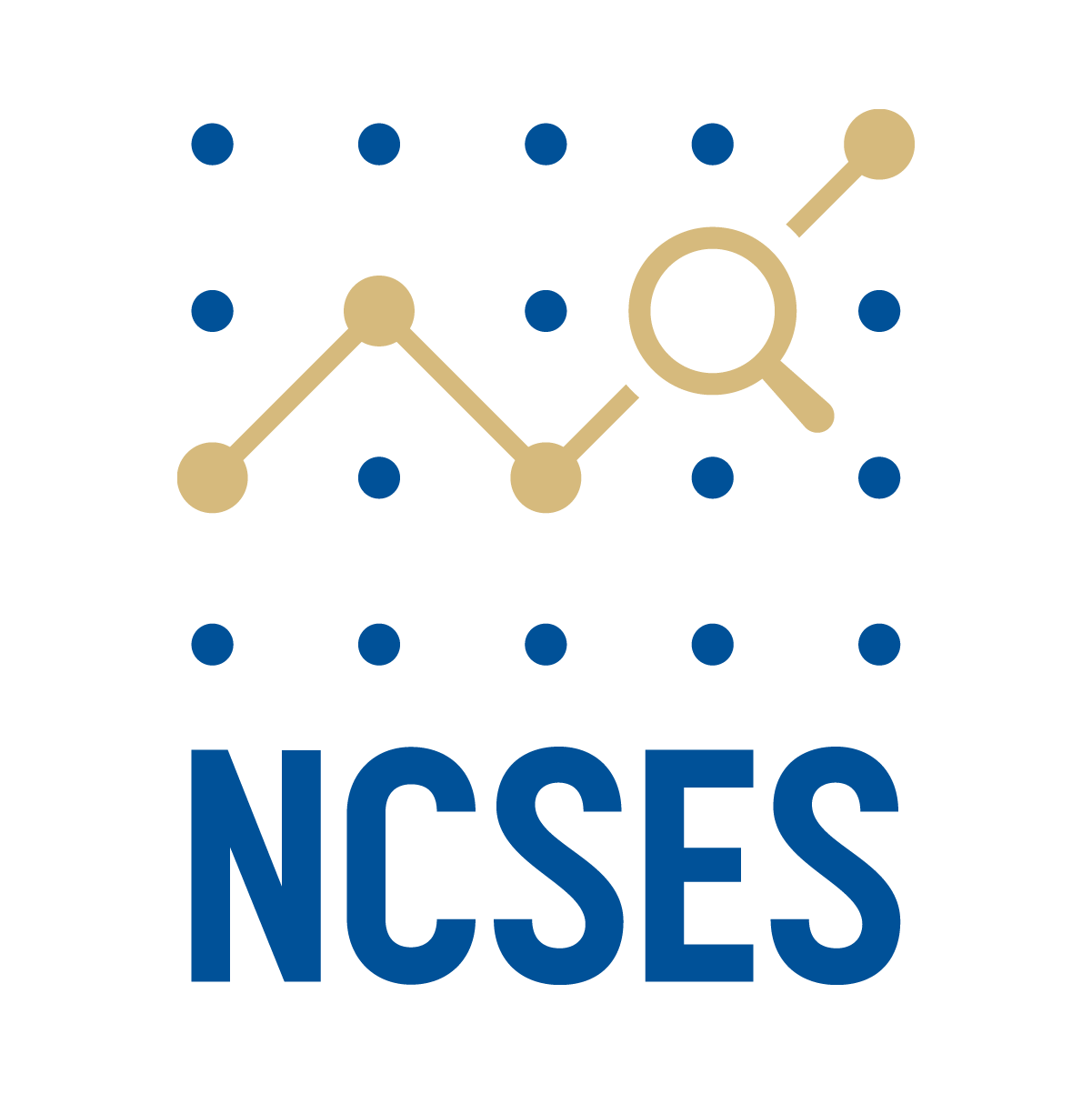The CHIPS Act of 2022 authorized the National Science Foundation (NSF) to establish a National Secure Data Service Demonstration Project, or NSDS-D, to develop, refine, and test models to inform a potential National Secure Data Service (NSDS).
In support of this goal, America’s DataHub Consortium (ADC) recently awarded two Requests for Solutions (RFS) that will help test the efficacy of a future NSDS: Privacy Preserving Technologies Phase 1 – Environmental Scan (PPT Phase I) and Data Protection Toolkit Use Case Analysis (DPT).
But what’s the connection between an NSDS-D, privacy, and data protection?
The answer is found in the vision for an NSDS, one that will securely share, link, and use information collected by different government agencies. That will require collaboration and trust in a system to protect the information and how it’s accessed and handled.
“The PPT and DPT projects focus on two areas that are central to a potential National Secure Data Service: innovation and privacy protection. Both projects focus on using state of the art technologies and methodologies to enhance sharing and linking of data while ensuring that confidentiality of respondents is maintained and data is protected,” says Dr. Heather Madray, Program Director for Data Access, Confidentiality, and Quality Assessment from the National Center for Science and Engineering Statistics and the National Science Foundation
Meet the organization spearheading the PPT Phase I RFS project
After a thorough vetting process, the selection team chose RTI International to tackle the research required for the PPT RFS. RTI International is an independent, non-profit research institute dedicated to improving the human condition. The organization combines scientific rigor and technical expertise in social and laboratory sciences, engineering, and international development to deliver solutions to the critical needs of clients worldwide.
The PPT Phase I project aims to compile a list of pilots and/or projects currently testing or implementing privacy preserving technologies throughout government, academia, and the private sector. RTI International is tasked with providing a full understanding of the current landscape of privacy preserving technologies for the protection of persons, data, and systems that contribute to the use of confidential data — including both individual-level and business data — for evidence-building and policymaking.
“Our environmental scan — conducted with project partner Flood Mason Holdings — will include a literature review and a series of conversations with experienced PPT practitioners,” says Rashonda Lewis, a data governance and privacy specialist at RTI. “We will produce a report summarizing our findings — the final report will help inform decisions made about PPT use within the NSDS. Our approach will produce a replicable framework for NCSES/ADC continued engagement of PPT practitioners to drive innovation in the field. This work, like much of our work at RTI, demonstrates the important role of technical solutions in improving access to critical data for evidence building, research, policymaking, and ultimately improved health and social outcomes.”
How NORC at the University of Chicago plans to tackle the DPT RFS goals
Following an extensive examination process, evaluators chose NORC at the University of Chicago for the DPT project. The organization, which conducts nonpartisan social research and delivers insights and analysis of the research to key decision-makers, presented an impressive proposal that showcased their expertise in the field of data protection and demonstrated a clear vision for testing an accessible and user-friendly toolkit.
The DPT project looks to conduct a use case analysis of the Federal Committee on Statistical Methodology’s Data Protection Toolkit. This analysis would identify successful use cases and potential enhancements to the toolkit for enabling access to federal data assets while protecting confidentiality.
“Expanding access to federal data assets and protecting data confidentiality are areas of particular interest to NORC and we are excited about the opportunity to collaborate with NCSES on this project,” says Martha Stapleton, principal research director and DPT use case analysis project director with NORC. “Conducting in-depth interviews with traditional and non-traditional users of federal statistical data will help NCSES identify potential enhancements to the Data Protection Toolkit and support their broader efforts to facilitate secure access to federal data.”
The solutions will help government leaders make informed choices about how to set up an NSDS and strengthen shared services for a future NSDS.
There are other projects anticipated for release soon for the NSDS-D. America’s DataHub Consortium announces new RFSs on their “Opportunities” page. While you don’t have to be a member of ADC to apply for an RFS, there are benefits to joining the consortium.




